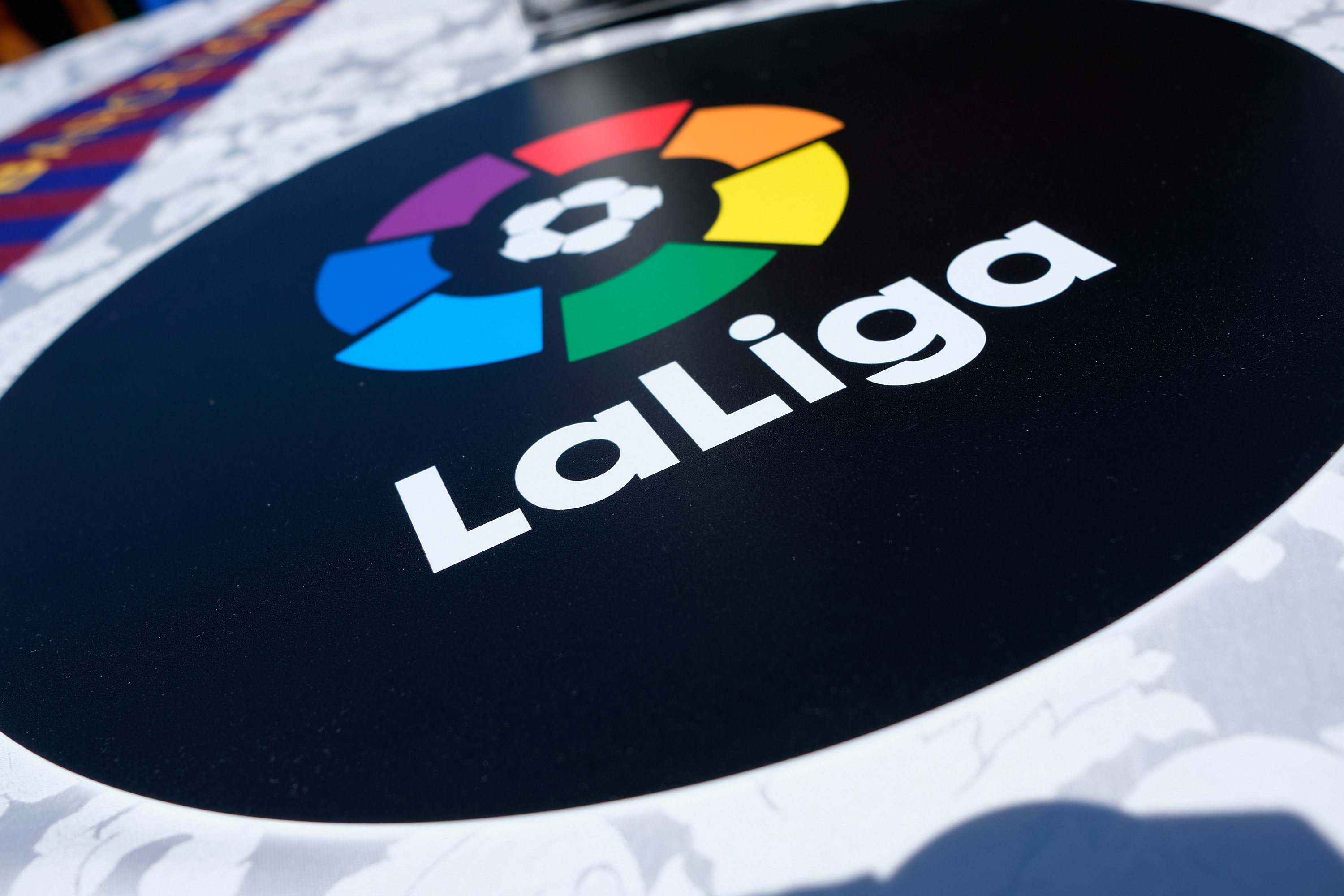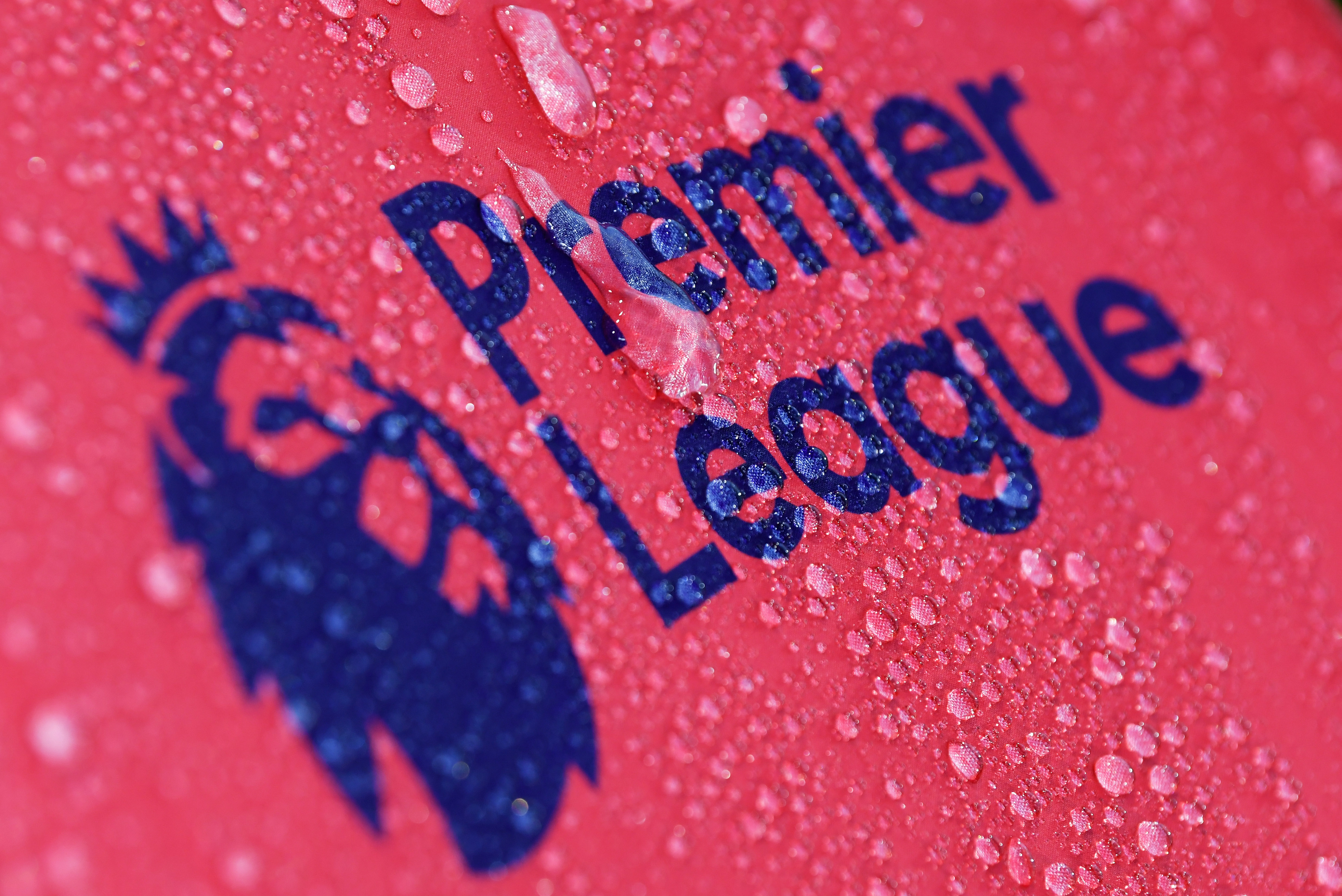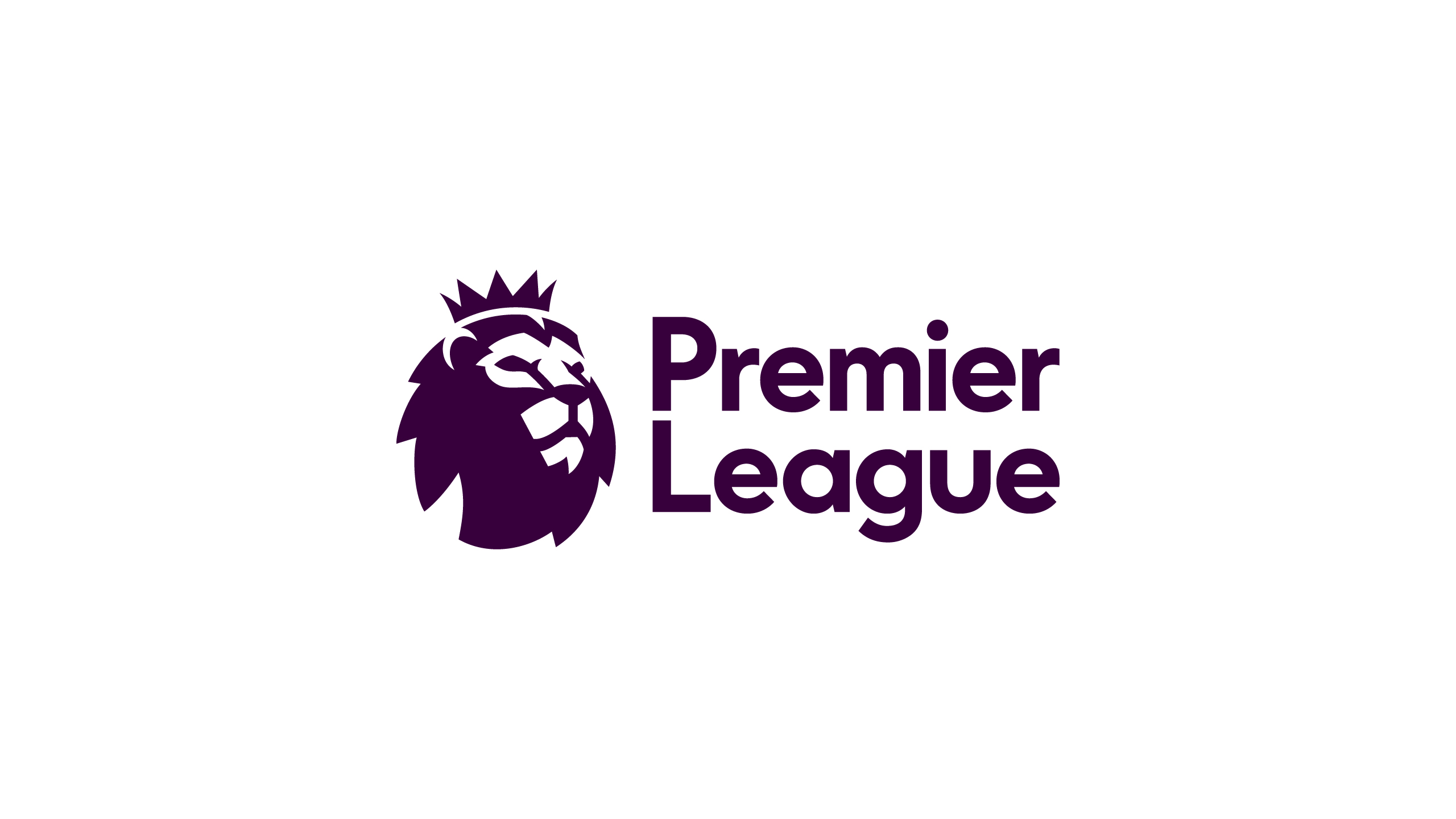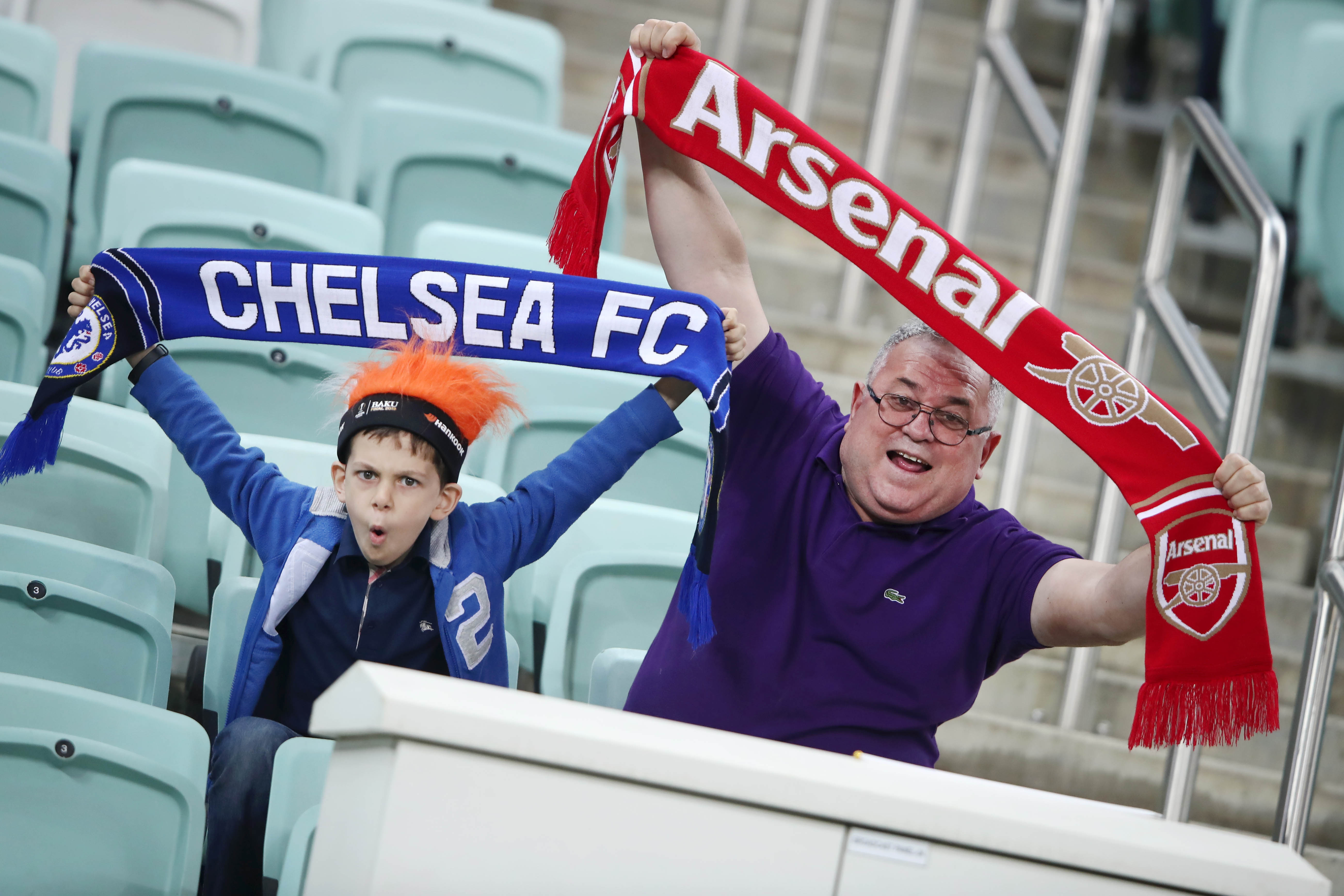Before the start of the match, pundits had touted it as the best game of the tournament. Both the teams possess a balanced formation – strong in attack and mean in defense. Germany has produced scintillating displays of counter attacking football, thrashing England and Argentina in their wake. Spain, on the other hand, had to grind out results against the likes of Chile, Portugal and Paraguay, not to forget their shocking start to the campaign with a loss against Switzerland. But the reigning European champions were gradually growing in confidence, and the understanding between the players like Xavi, Iniesta and Villa were getting better with every minute spent on the field.
The two teams have met thrice in the history of the World Cup. Germany won in 1966 and 1982 and managed to draw against the Spaniards in 1994. All the matches were played in the group league, so this would be the first time the teams would face each other in the knock out stages. In their last competitive meeting on the world stage, Spain defeated Germany two years ago to be crowned the Champions of Europe.
Germany replaced Müller with Trochowski, as the former was suspended for the match. Spain, on the other hand, replaced an out of sort striker Torres with Barcelona’s young prodigy Pedro. The match started with Spain keeping a fair share of the ball.In the seventh minute Pedro played a clever pass through the German defense, and Friedrich could not anticipate Villa’s run from behind. Villa met with the pass, but his little tap was thwarted by the onrushing German number one.
As the match wore on, Spain kept piling on the pressure by keeping possession of the ball, and again came close to open the scoring. Following a short corner, Iniesta got the ball just outside the left flank of the German penalty box, and swung in a fast low cross. But Puyol could not control the header, and it sailed way over the cross bar.
The match continued to be played at the same pace. Surprisingly, Trochowski was given some space to work on the ball, and immediately he took his chance; Casillas did enough to parry the ball away for a German corner, which did not prove fruitful to the Germans as well. However, Die Mannschaft got one more chance in the first half injury time, during a period of possession for the Spaniards. Puyol committed a little too early for the ball; Klose took the ball away from the defender, and found an unmarked Özil. But Özil ventured a bit too far with the ball, and before he could take the shot, Ramos caught up with him, his foot making contact with Özil’s calf in the process. Özil fell down in the ‘D’, and an immediate appeal for penalty was promptly turned down. Replays confirmed that Özil’s feet had got entangled with each other.
The tempo of the game changed at the restart of the match, giving the audience something to cheer on. Pedro worked the ball past Boateng and Friedrich, cut inside from the right flank, and set up Alonso in front of the goal. But Alonso’s execution was poor, and the ball steered far off the posts.
By this time, Spain started to create a lot of opportunities. Pedro was again called on from the right flank; he cut inside and passed the ball to Xavi, who again set up Alonso at the edge of the penalty box. This time, Alonso’s shot missed the target by a whisker.
Seven minutes after the restart, Germany made their first change, with Jansen replacing Boateng, who had been troubled by Pedro down the right flank. Moments later, Spain came as close as possible to opening their account. Xavi set up Pedro inside the penalty box, and his shot was punched away by Neuer. Xabi Alonso cleverly back heeled the rebound to set the ball up for an onrushing Iniesta, whose low cross went tantalizingly close to meet Villa’s diving effort in front of an open far post.
Jansen’s introduction helped Germany gain some momentum down their left flank. After a one-two with Jansen, Özil made a pass to Podolski inside the penalty box. Podolski turned and chipped the ball to an unmarked Kroos (who replaced Trochowski) instead of a marked Klose, butthe substitute’s close range effort was calmly thwarted away by Casillas.
Then came the defining moment of the match, and of Puyol’s career. In the 73rd minute Spain won a corner. For the first time, Xavi took a long corner, and an absolutely unmarked Puyol hammered an unstoppable header past the outstretched left hand of a hapless Neuer. Spain scored the first goal of the match, and thereon looked favourites to win the match.
This was the moment Spain were waiting for. The Germans started to press for an equaliser, which left gaps in their defense for the Spaniards to exploit. During such a counter excursion, Villa found himself one on one with Friedrich, but could not get past his marker. By this time ,Germany became desperate for an equaliser, and sacrificed Khedira for Gomez.
In reply, Spain took off Villa and handed Torres a chance to get back his touch in the remaining minutes. Germany continued to apply pressure down both the flanks, but Puyol and his defensive partner Pique kept winning the headers and frustrating the German forward line. One of those clearances found Xavi outside their penalty box, who made no mistake in releasing Pedro on the far right flank, creating a two on one situation with only Friedrich as the lone player in the German half. Pedro, instead of passing the ball to an unmarked Torres, took his chance to finish the game off himself, but was finally dispossessed by Friedrich.
Soon, Pedro was substituted by David Silva, to see off the remaining minutes. The Spanish defense lead by Puyol soaked off most of the German attacks, and a flurry of corners won by them at the dying moments of the game enabled them to complete the formalities. After three minutes of added time, the referee blew the whistle. Spain had defeated Germany for the first time in the World Cup finals, and reached their first ever World Cup final. They set up a date with the Netherlands in the final on July 11th, confirming the emergence of a first time champion on Sunday – the winner becomes only the eighth team to win this coveted trophy since its inception in 1930.
TheHardTackle’s Player of the Match: Carles Puyol(Spain)
The veteran centre half of Barcelona had the game of his life. He marshalled the defense with great composure.and thwarted all signs danger convincingly. His header gave Spain the much needed breakthrough, to help them reach the final of the tournament for the first time in their history. Later on, he neutralized all the German backlashes effortlessly till the last minutes of the game.
TheHardTackle’s Referee Report Card: Viktor Kassai(Hungary) – Grade: A(Good)
The Hungarian referee had a good game. Both the teams played a neat game, and did not require him to make too many decisions. He never stopped the game unnecessarily, and kept the momentum of the match intact.
MATCH STATISTICS
GERMANY 0-1 SPAIN
Venue: Durban Stadium, Durban
Attendance 60,960
Germany Line-Up: Manuel Neuer,Philipp Lahm, Arne Friedrich, Per Mertesacker, Jerome Boateng(Marcel Jansen 52′), Sami Khedira(Mario Gomez 81′), Bastian Schweinsteiger, Piotr Trochowski (Toni Kroos 62′), Mesut Özil, Lucas Podolski, Miroslav Klose
Manager: Joachim Löw
Caution: None
Sent-Off: None
Scorer: None
Spain Line-Up: Iker Casillas, Sergio Ramos, Carles Puyol, Gerard Pique, Joan Capdevilla, Sergio Busquets, XabiAlonso(Carlos Marchena 90+3′), Xavi Hernandez, Andres Iniesta, Pedro(David Villa 86′), David Villa(Fernando Torres 81′)
Manager: Vicente Del Bosque
Caution: None
Sent-Off: None
Scorer: Carles Puyol







